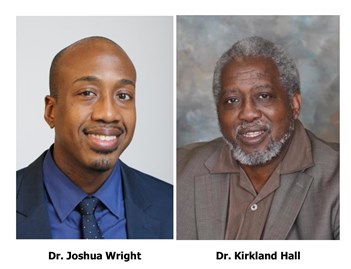
Wednesday, April 24, 2019
The University of Maryland Eastern Shore will have a say in shaping how the state should redress grievances lingering from its history of lynching incidents in the 19th and 20th centuries.
The General Assembly passed a law during the just-completed 2019 session that created the “Maryland Lynching Truth and Reconciliation Commission.” The law sets aside a seat for a representative from each of the state’s four historically black institutions, including UMES.
Bowie State University will provide staff support for the 17-member panel, which must submit a report to the legislature by Dec. 1, 2021. It will disband June 30, 2022.
Three recorded lynchings occurred in Somerset County between 1894 and 1933, including the last one in the state that took the life of George Armwood, according to the Maryland Lynching Memorial Project.
Retired UMES professor Kirkland Hall is a distant relative of Armwood and wrote his doctoral dissertation on the topic. He’s been widely interviewed by news organizations recently as the topic has renewed debate in the public square.
In a February interview with WBOC-TV after the legislation was introduced, UMES history professor Joshua Wright said lawmakers were wise to give the university a seat at the commission table.
The Armwood lynching on Oct. 18, 1933, Wright told WBOC, “took place just a few minutes away from campus. if you’re driving. So, we have a connection to that history.”
No decision has been made as to who might represent UMES on the commission.
Lawmakers this session also allocated $1 million to UMES to underwrite the cost of a flooding remediation project along the Manokin Branch, the southern boundary of campus behind Hazel, Henson and Kiah halls. A record-setting rain storm in late September 2016 caused flooding that closed Kiah Hall for the remainder of that academic year, the second time in four years the classroom building suffered flood damage.

